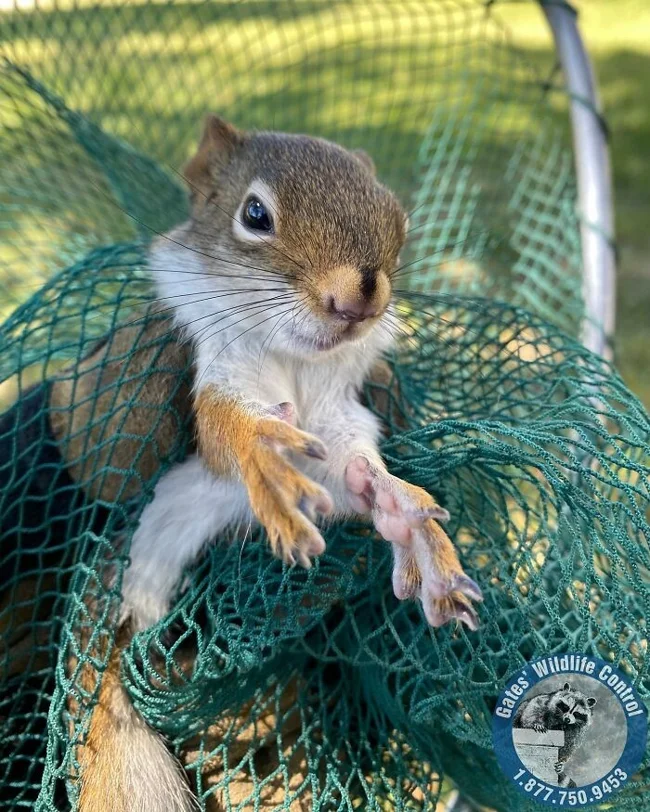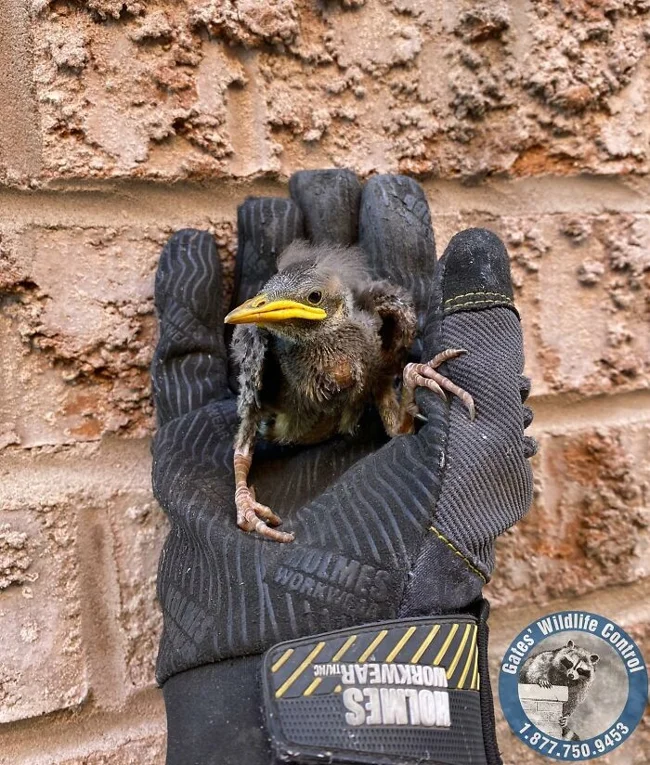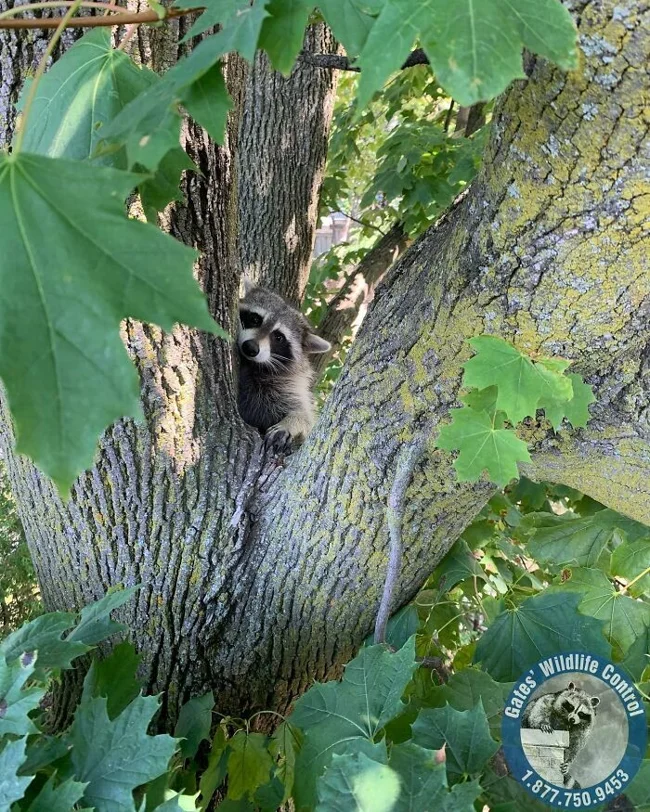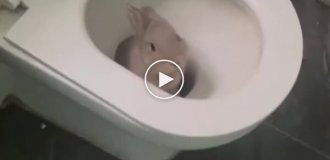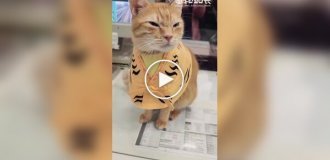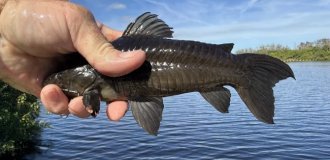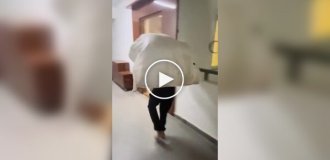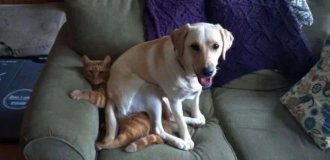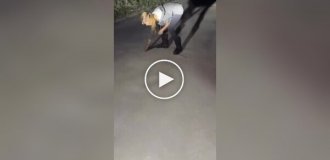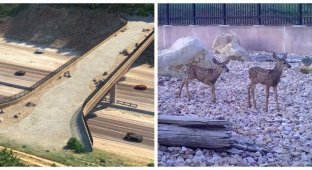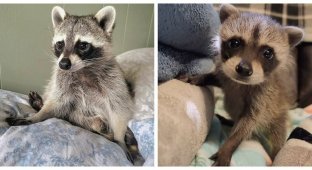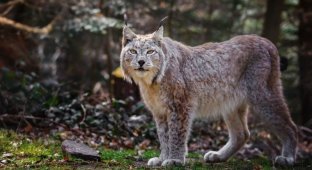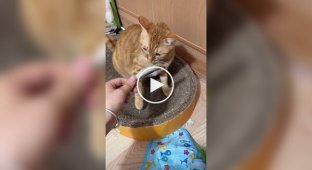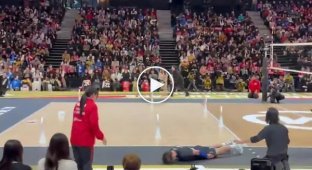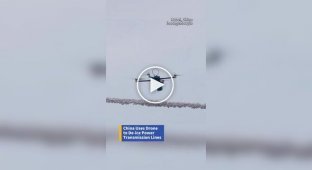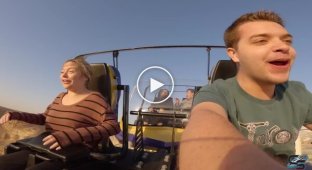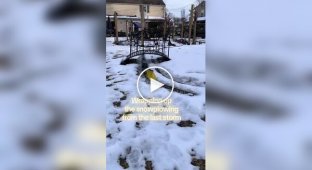This company for catching wild animals has earned praise for its humane decisions (23 photos)
Birds, raccoons, squirrels, and other small animals can take up residence in your attic or under your porch. If left unchecked, they can cause property damage or get into dangerous situations. Gates Wildlife Control, a Canadian company, has been helping to humanely solve this problem for 40 years. 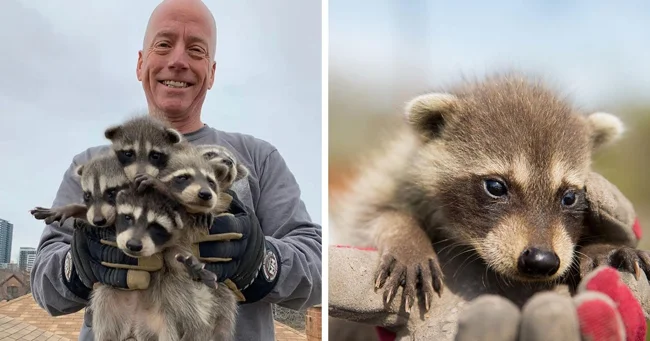
"Founded by Brad Gates in 1984, our company pioneered humane wildlife control methods, setting the standard for the entire industry. As a pioneer, Brad Gates revolutionized the approach to wildlife control by putting the welfare and safety of our smaller brothers first," Gates Wildlife Control said.
Meet Toronto's Brad Gates, Owner of Gates Wildlife Control 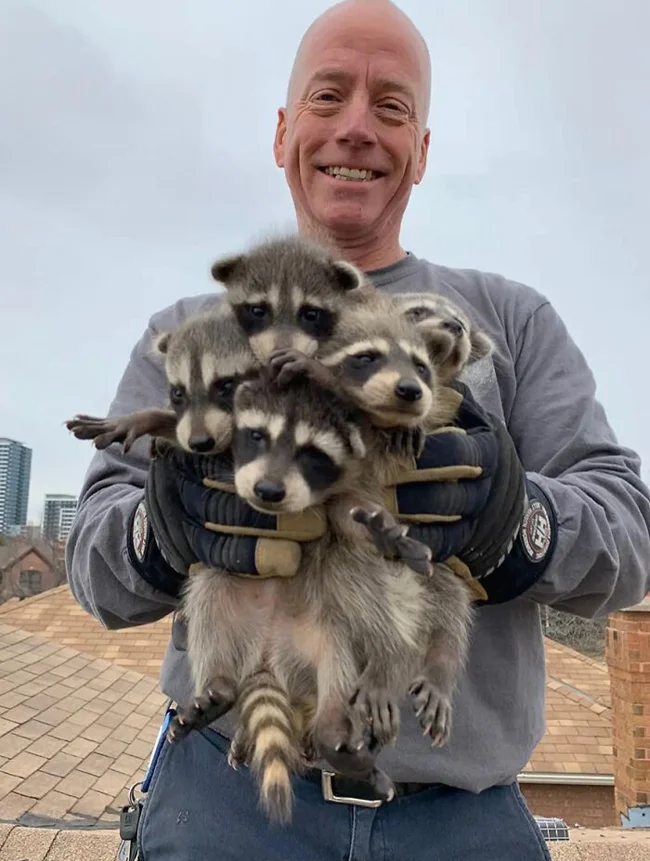
"Today, our team of licensed and trained professionals continues to do their job using the latest techniques and equipment to safely and humanely remove wildlife from residential and commercial properties. Unlike other services, we focus on customized solutions, rapid response, and preventative measures to ensure long-term results."
Since childhood, Brad has had a keen interest in wildlife and has kept a variety of animals 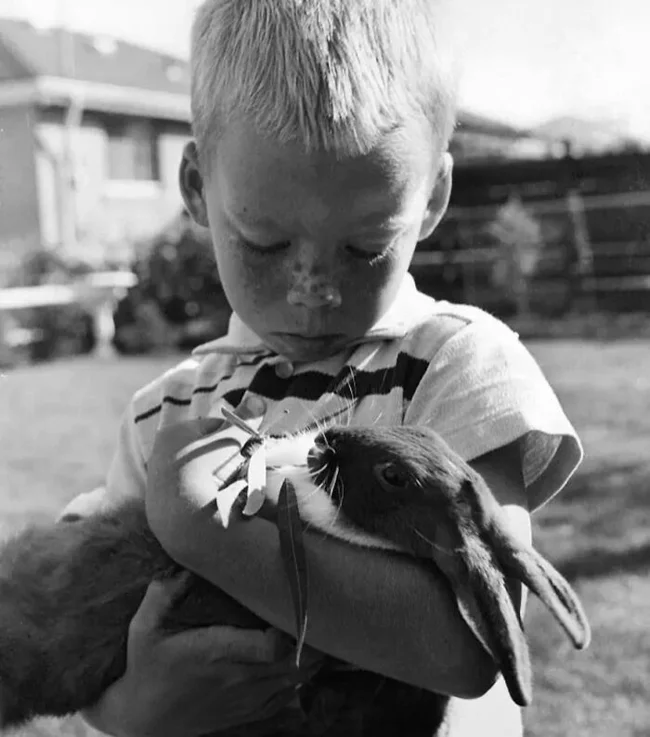
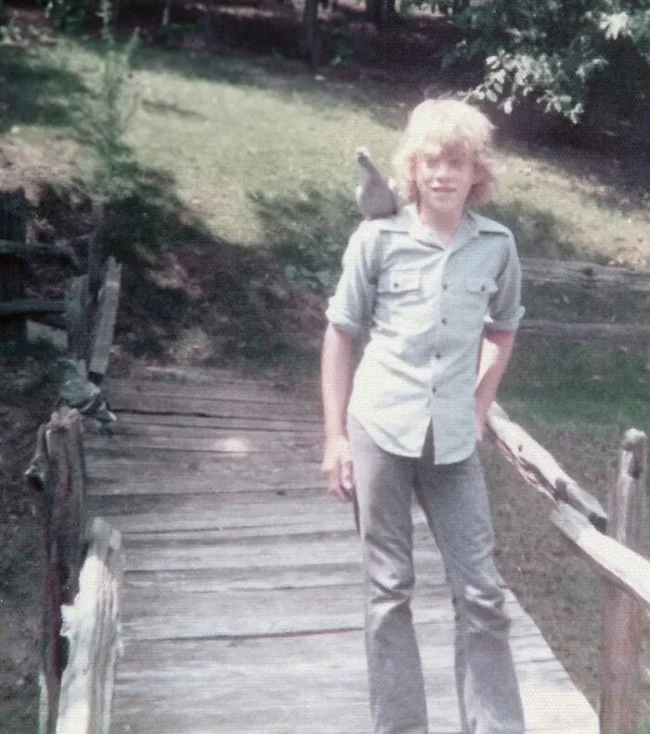
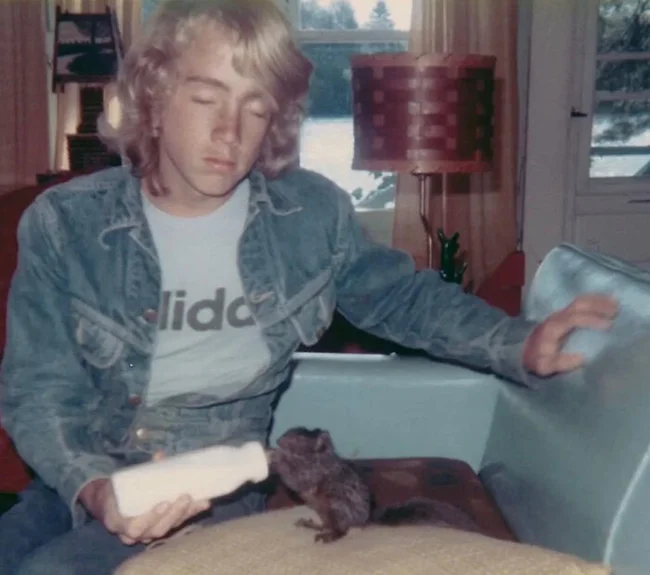
One of them There was Mandy, a raccoon separated from her mother 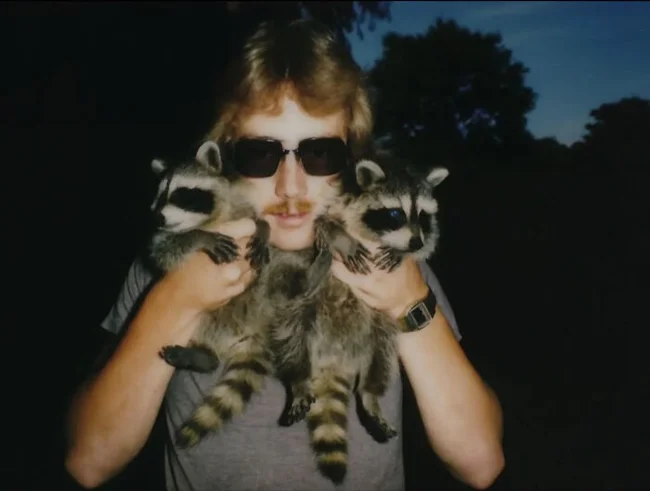
Brad shared, "The rescue story of Mandy the raccoon has stuck with me and exemplifies the mission of Gates Wildlife Control. I raised a baby raccoon when I was 17. Mandy became my constant companion, following me everywhere and even learning to catch minnows and crayfish in a shallow pond I created for her. I was overwhelmed when, sometime later, she came to my whistle and climbed onto my shoulder, just like old times. We spent three hours together on my front lawn eating peanut butter and egg sandwiches, and I was amazed at the depth of our connection. This experience solidified my love not only for raccoons but for all wild animals, and the memory still brings me warm feelings." 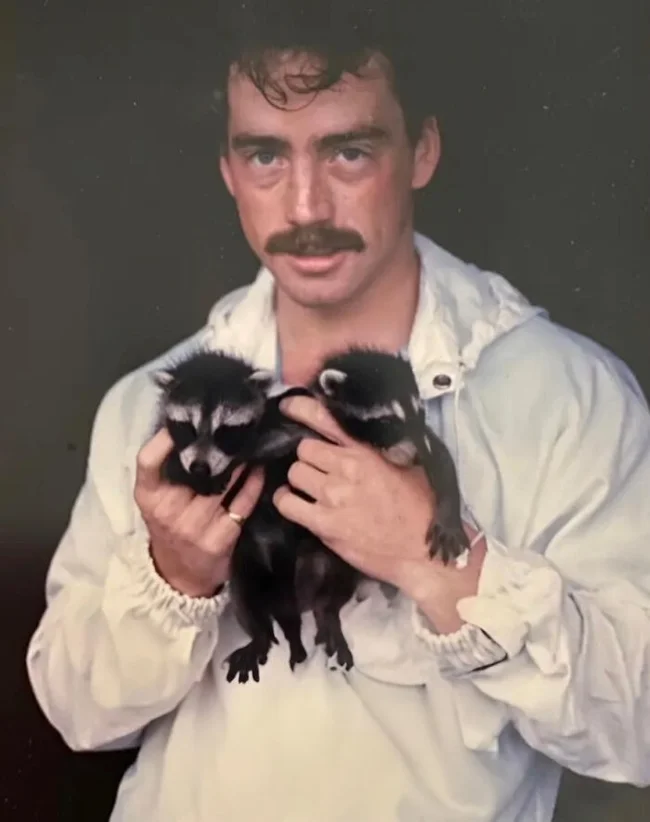
"We spent countless hours together and I became very attached to her curious and playful nature. When Mandy opened the door to her enclosure, I thought our time together was over, but two years later she showed up on my doorstep." 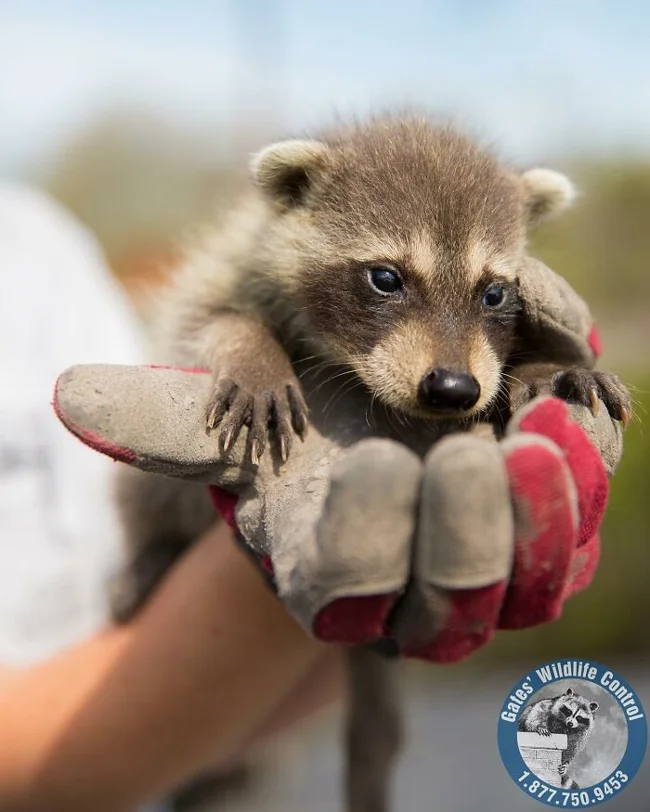
Brad shared, "It showed me how compassion and care can impact an animal's life and strengthened my commitment to providing humane solutions to capture and control wild animals. animals." 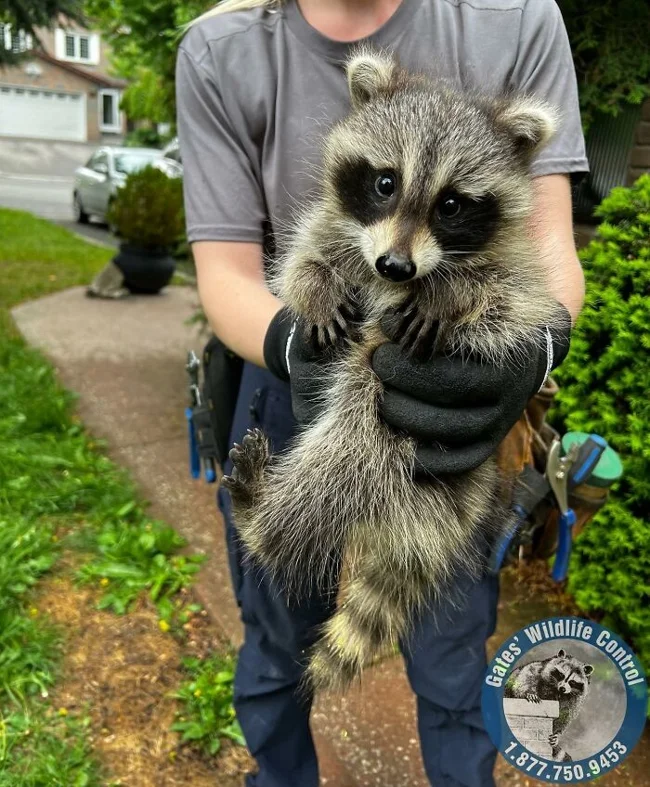
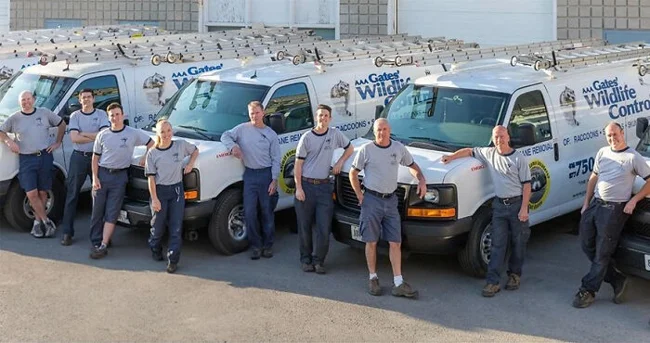
Gates Wildlife Control shared how raccoons have adapted to urban life in Toronto: "As humans have settled in new areas, raccoons have adapted to the environment too. They have learned to exploit weak spots in our infrastructure to their advantage. For example, they have begun to enter houses through plastic roof vents, chimneys. In addition, these animals have learned to open food waste containers, they deceive special latches. This is a testament to their intelligence and ability to find creative solutions."
"By recognizing their adaptability and intelligence, we can develop more effective and humane strategies for coexisting with raccoons and other wildlife in the city. These strategies should be based on prevention, education, and innovative solutions aimed at reducing conflict situations and ensuring harmonious coexistence in the urban ecosystem." 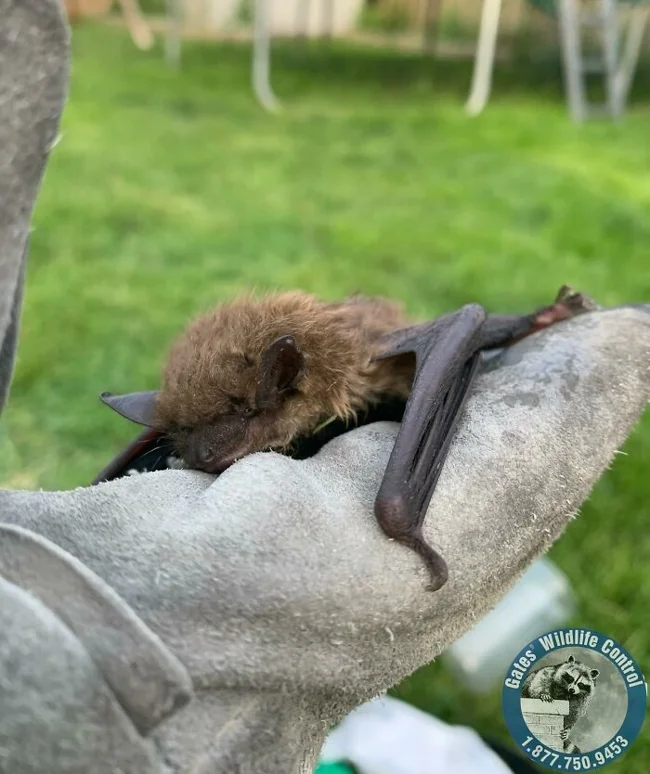
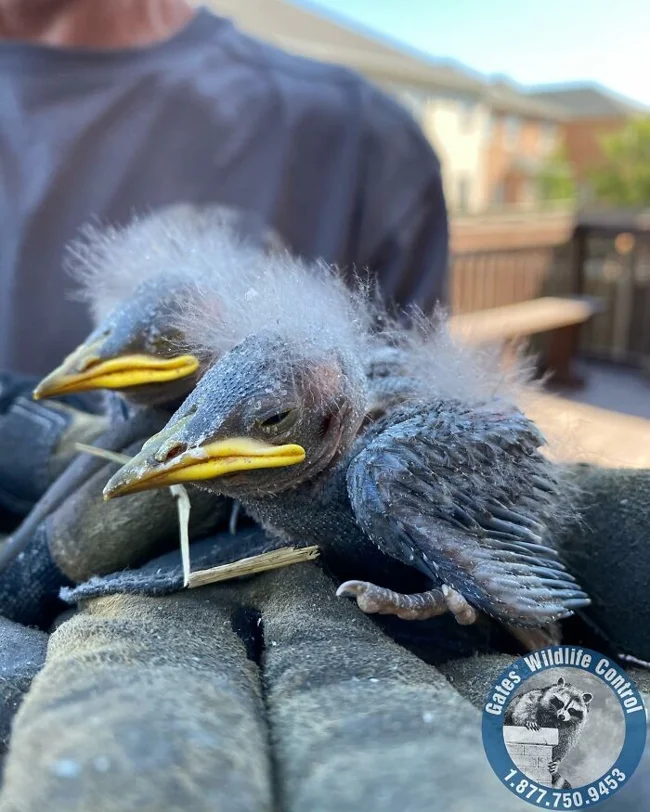
"During the spring breeding season, we often face a serious problem - finding raccoon babies in attics and other hard-to-reach places in houses. Females choose secluded places: under bathtubs, behind walls. In such cases, when it is impossible to make a passage through the plasterboard, the only acceptable option is to leave the mother and her offspring alone until the babies are old enough to exit through one of our specially installed one-way doors. We adhere to this approach because we will never separate the mother from her babies. This way we provide care and nutrition to the babies and minimize stress for the mother and babies. We can confidently say that our methods put the welfare of the animals and humane treatment at the forefront." 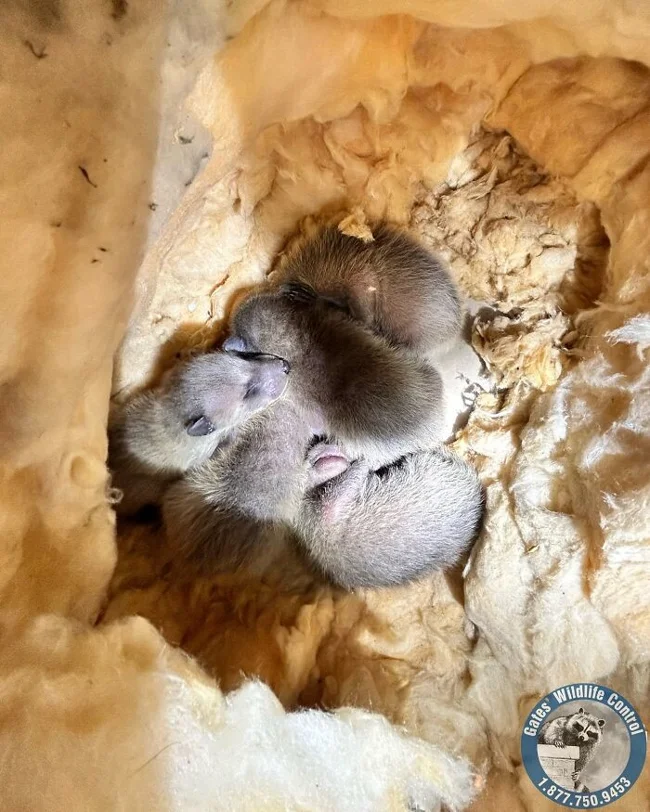
They also shared how they provide safe and humane relocation of raccoons.
Unlike other services, we do not relocate animals. In Ontario, it is illegal to transport wild animals more than 1 km. 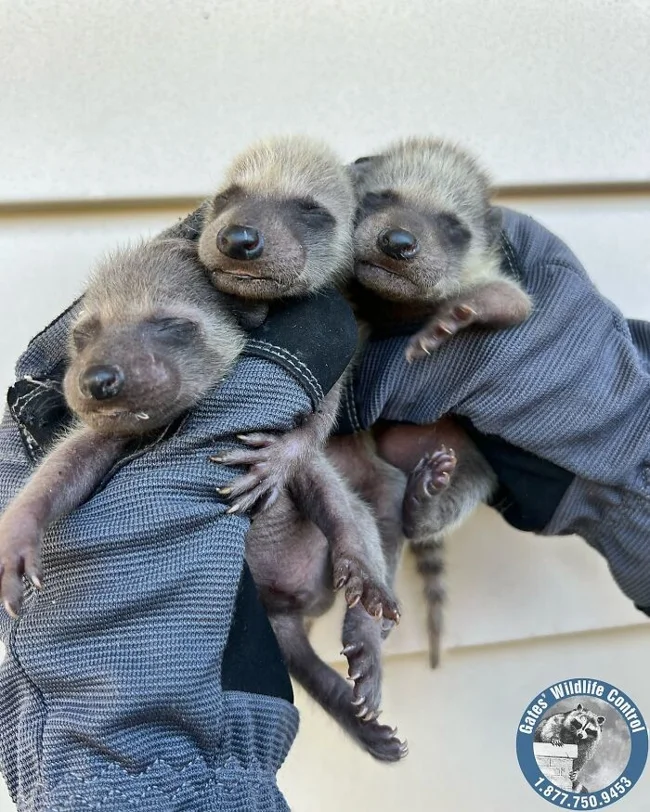
Instead, we focus on reuniting families on site so the mother can care for her offspring.
Our process includes:
1. Humanely relocating the mother and her offspring from the attic;
2. Placing the babies in specially designed heated boxes that simulate the warmth and safety of a burrow;
3. Allowing the mother to independently remove her babies from the box and move them to another burrow. 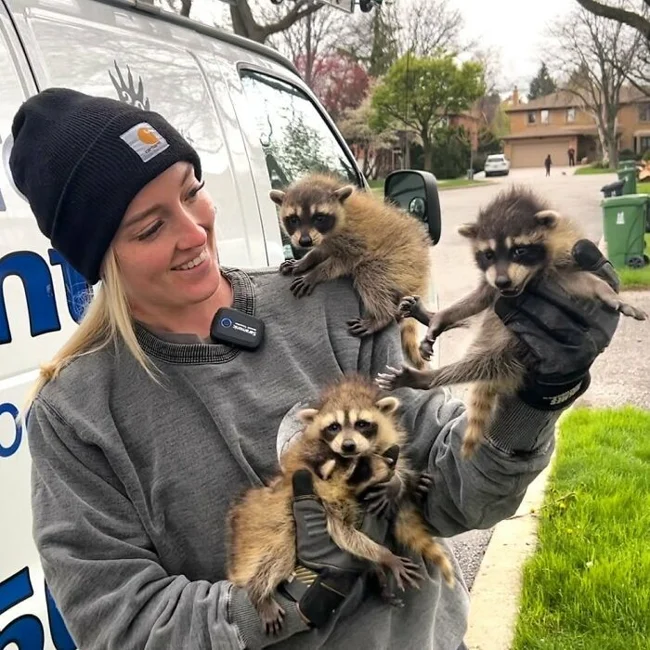
Gates Wildlife Control shares its expertise in the media to educate and raise awareness of the importance of humane wild life control animals 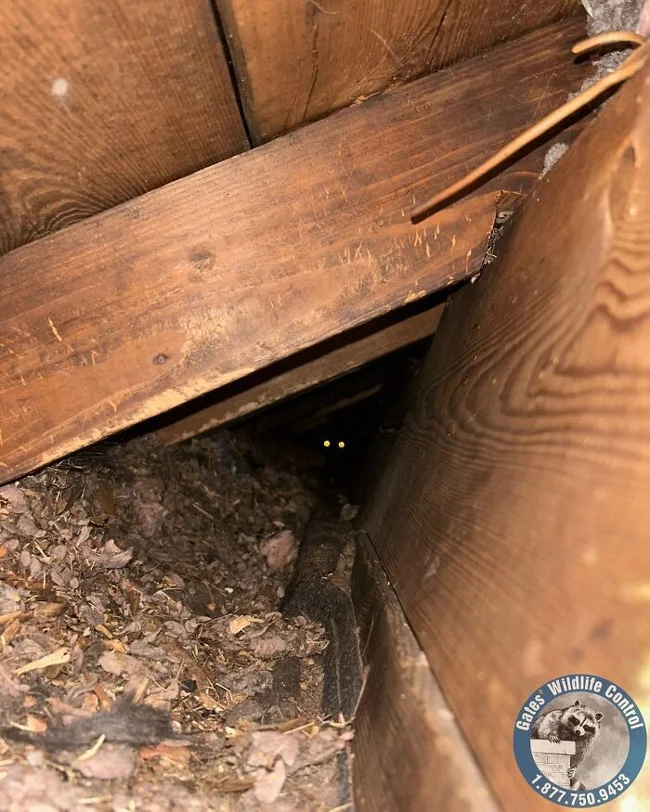
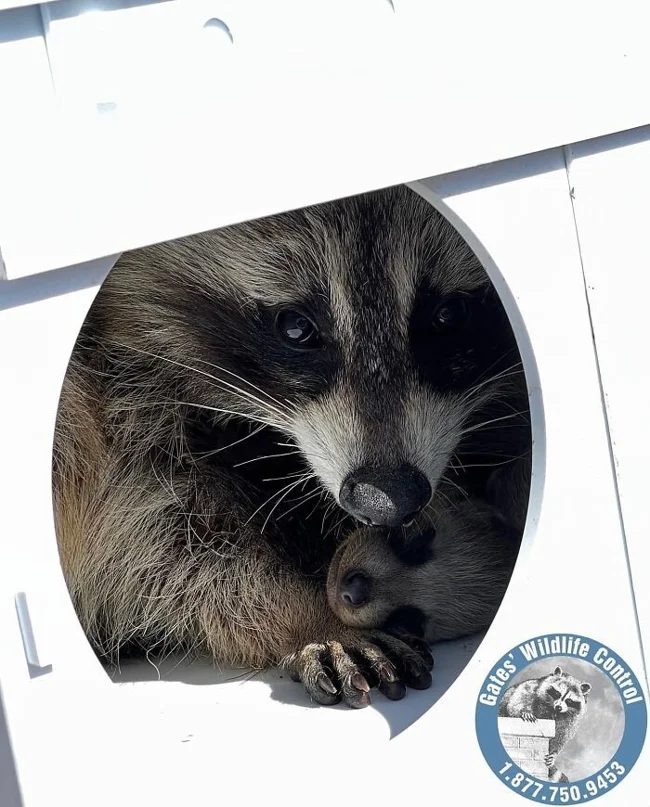
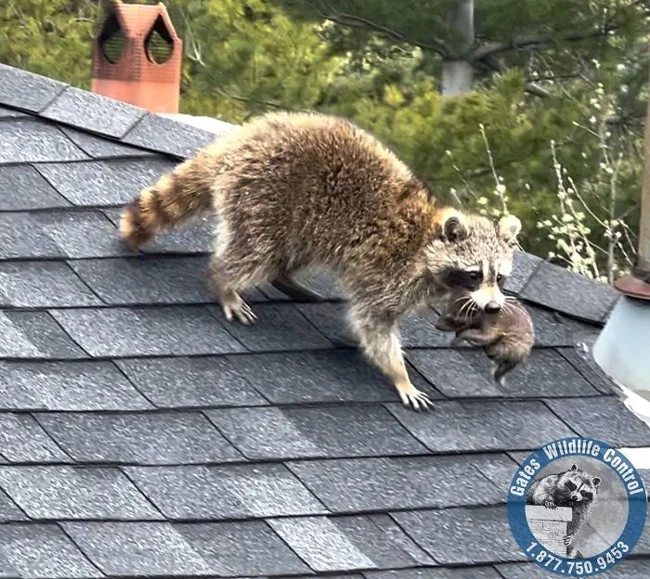
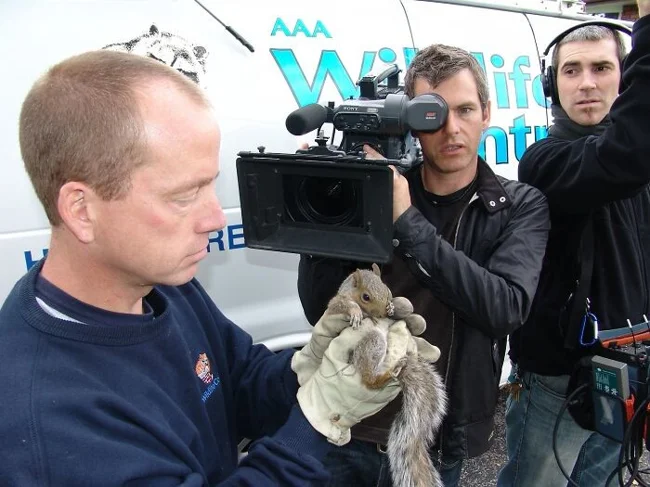
"We actively use various social media to share our knowledge with a wider audience. Our YouTube channel features engaging and informative videos about wild animal trapping, prevention, and coexistence. The videos are presented by Brad and Cassandra Gates, a father-daughter duo." 
"Looking to the future, our mission is to promote coexistence between people and wildlife, and to educate the public about the importance of humane treatment of wild animals. We intend to create a harmonious urban ecosystem in which people and wildlife can thrive side by side," the company concluded. 